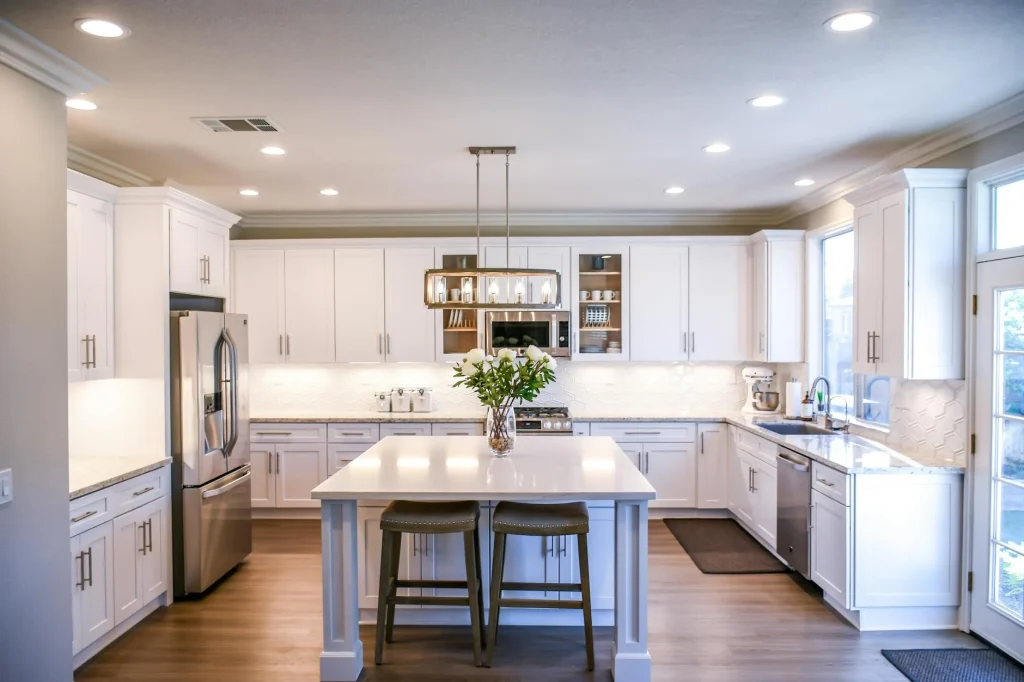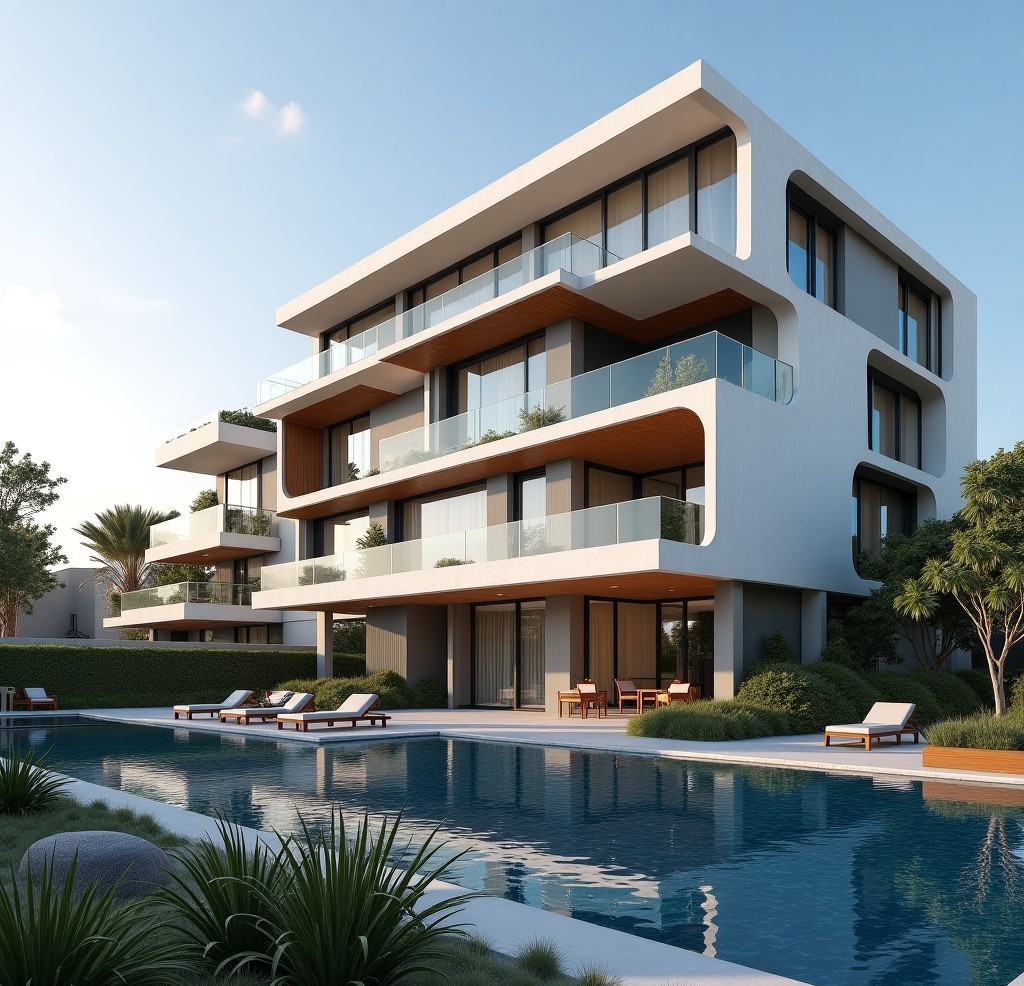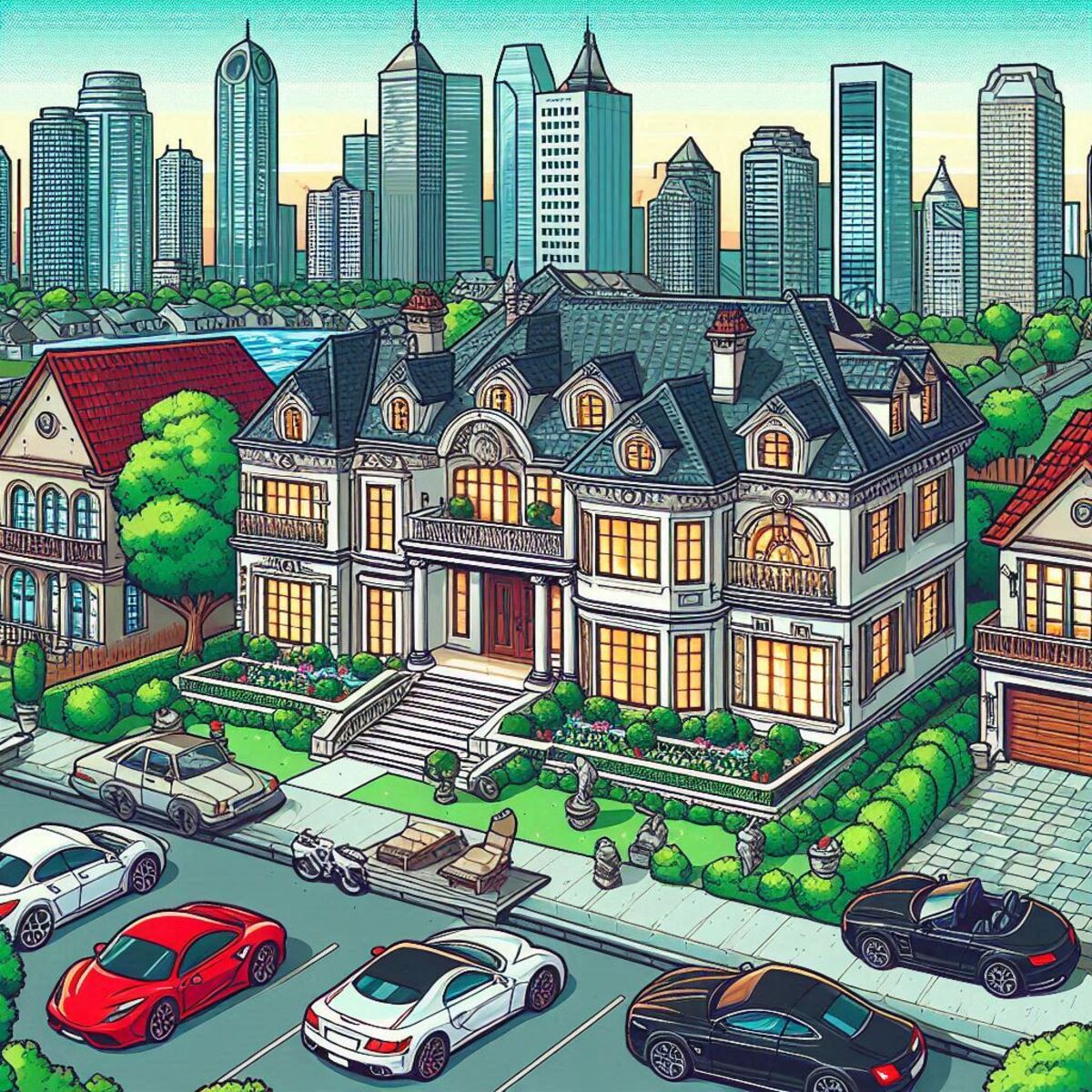What kind of home can you buy for ¥200 million?
It’s a simple question—with dramatically different answers depending on the city. For affluent buyers, the focus isn’t just on the price tag—but on what that investment truly delivers.
Bangkok. Singapore. Hong Kong. Tokyo. With the same ¥200 million budget, what differentiates each city?
And more importantly, Which city offers the most compelling blend of investment performance and lifestyle satisfaction?
In this article, we explore global benchmarks across key metropolitan markets—to help you discover the real worth of ¥200 million in today’s luxury real estate landscape.
■ [Bangkok] — Tangible Luxury, with Prices on the Rise
In Bangkok, a ¥200 million budget (approx. 48 million THB) unlocks top-tier condominium living in prime Sukhumvit areas such as Thonglor and Phrom Phong.
- Floor area: 150–200 sqm (3 to 4 bedrooms)
- New builds with full amenities—gym, pool, and hotel-style lounges
- Penthouse units and corner residences within reach
However, the market faces growing headwinds. Central Bangkok land prices have plateaued in the 2020s, leading to softened capital appreciation. Moreover, a high ratio of foreign ownership adds structural risk, as the market leans heavily toward investment-driven demand—making it more susceptible to volatility.

■ [Singapore] — A Market Defined by Stringent Regulation and Limited Access
In Singapore, a budget of ¥200 million (approx. SGD 1.8 million) affords foreign buyers only limited options.
- Additional Buyer’s Stamp Duty (ABSD) is steep—up to 60% for foreigners
- Landed properties are off-limits to most non-citizens under government restrictions
- In high-rise condos, unit size is typically capped at 80–100 ㎡; properties in central districts tend to be older in construction.
As a result, ¥200 million offers relatively little purchasing power, and the very act of buying becomes a challenge. Without Permanent Residency or use of corporate investment vehicles, long-term ownership strategies can be hard to sustain.
■Hong Kong remains one of the most expensive residential markets globally.
With a budget of ¥200 million (approx. HKD 10 million), buyers are generally limited to compact 1-bedroom units of 40–60 ㎡ in central areas.
- Fierce competition for new condos, often requiring lottery participation in pre-build sales
- A heavy tax burden, with additional requirement that standard stamp duty compounded by foreign buyer surcharges
- Long-term ownership is further challenged by vacancy taxes and other holding costs
In essence, Hong Kong is no longer ideal for “buy-and-hold” strategies.
■ Modest Price Points, Exceptional Quality of Life
So, what does ¥200 million buy you in Tokyo? The answer: choices with exceptionally high satisfaction.
- A recently built condominium (70–90 ㎡, 2–3 bedrooms) in Minato or Shibuya wards
- Upper floors with skyline views and dedicated concierge service
- Prime access within a 5-minute walk to international schools, upscale retail, and dining
- Recently-built modern tower residences with minimal asset depreciation risk
What truly sets Tokyo apart, however, is its unparalleled urban infrastructure.
Food safety, clean water, air quality, immaculate public spaces, low crime rates, world-class healthcare, and flawless transportation systems—Tokyo consistently outperforms global standards. More than just asset value, what’s on offer here is an elevated quality of life that exceeds expectations.

■ Maximizing the Value of ¥200 Million from an Investment Perspective
- Bangkok: Appealing for short-term, high-yield plays—but comes with notable exit risks due to market volatility.
- Singapore: Tightly regulated and heavily taxed. Entry is restricted to a privileged few, with limited investor flexibility.
- Hong Kong: Difficult to realize capital gains. While suitable for personal use, the price-to-value ratio is among the least favorable globally.
- Tokyo: Strikes a rare balance—high liquidity, steady long-term growth, world-class living standards, and investor-friendly tax laws. A compelling choice for those seeking a long-horizon, balanced portfolio asset.
■ Summary — The Same ¥200 Million, Vastly Different Futures
The True Value of Your ¥200 Million Lies Beyond Space and View. It is measured by how much security, regulatory stability, cultural depth, and quality of life you gain in return.
Tokyo is one of the rare global cities where all these elements coexist in harmonious balance.
It’s not just a city where you can buy property—it’s a city where what you buy continues to grow in value, meaning, and future potential.
That is the unique promise of investing in Tokyo, Japan.




